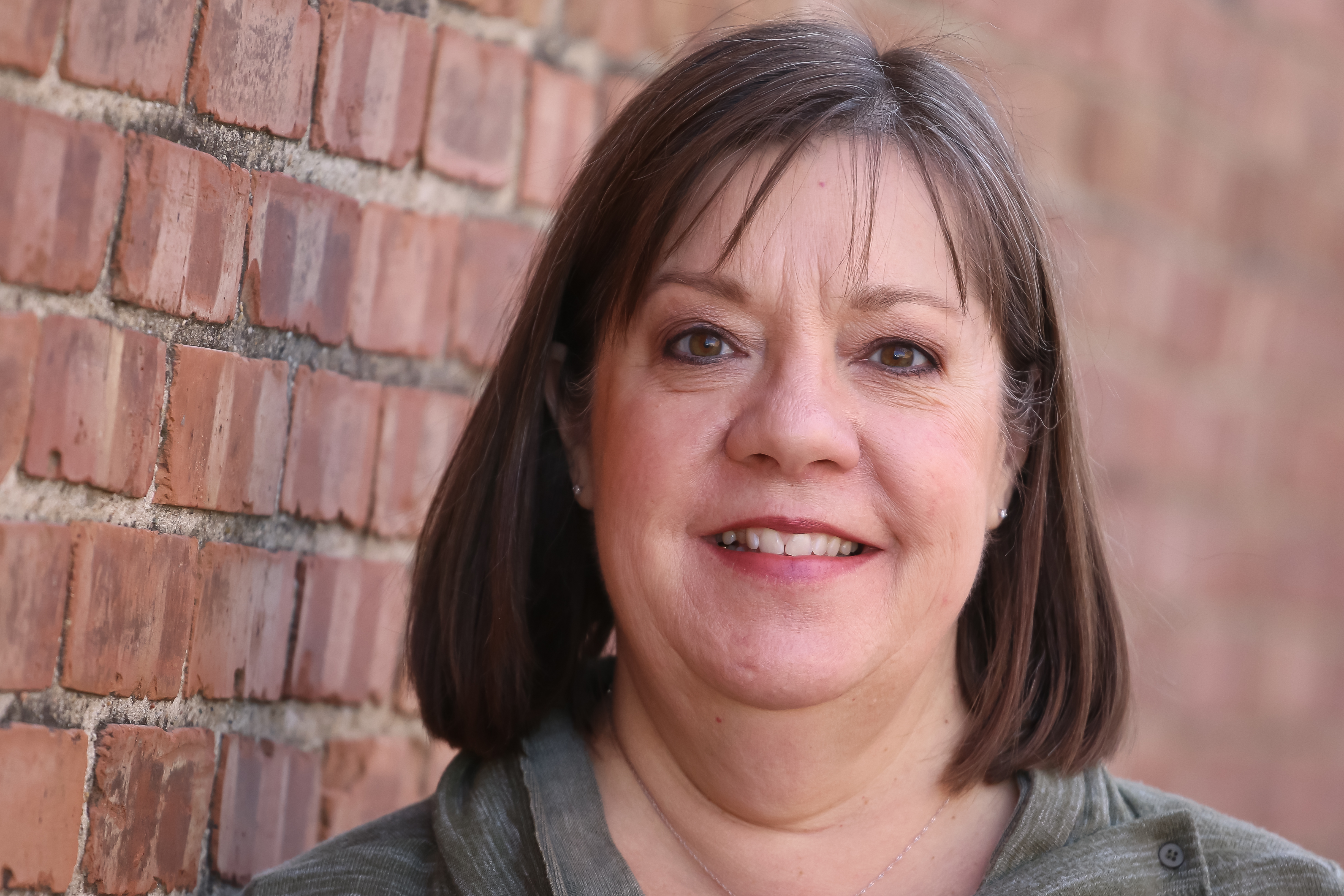
Julie Storr shares a reflection on the Prayer over the Offerings for the 21st Sunday in Ordinary Time.
This week Lectio the Liturgy with the Prayer over the Offerings for the 21st Sunday in Ordinary Time. At first it seemed that this prayer was out of place. It didn’t feel very “offertory.” After I prayed with it, and let it pray with me, I realized it is the perfect place for it.
O Lord, who gained for yourself a people by adoption through the one sacrifice offered once for all, bestow graciously on us, we pray, the gifts of unity and peace in your Church. Through Christ our Lord.
We don’t often hear about or even consider things that God does for Himself but in this prayer we learn that He gained for himself a people by adoption. God is complete in himself, He didn’t need anyone else, but He wanted someone else. He created mankind to love and to share in His perfect love. We all know that God’s plan did not last very long before sin entered the world.
I thought for a while about how God did not say to Adam and Eve, “That’s OK, I’ll give you another try.” He meant what he said, and after thousands of years of people and their sins, mankind could once again become one with the Father. Jesus became not only the bridge, He was the one sacrifice offered once for all. In the Preface for Eucharistic Prayer II, we hear, “Fulfilling your will and gaining for you a holy people, he stretched out his hands as he endured his Passion, so as to break the bonds of death and manifest the resurrection.”
A single time for all time
The Latin form of the prayer really drills in on the “once for all” thought, telling us that the sacrifice was offered once and no more. A single time for all time. Jesus died only a couple thousand years ago, so it's easy for us to comprehend being forgiven when we sin. But what about the thousands of years worth of people that died before Jesus? Our answer to the question, “How does that work?” is found in the Apostles’ Creed, when we declare, “He descended into hell.”
The “hell” in the Creed is not the eternal damnation, it is the abode of the dead souls. (Catechism of the Catholic Church 633) It is Noah, Abraham, Isaac, Jacob, Moses, and the countless other souls of those who died while awaiting the Redeemer. Jesus descended into hell to free the just who had gone before him.
The Resurrection of Jesus, the victory over sin and death, is our victory today, it is how we became a people adopted as sons and daughters of God.
Next, we pray that God graciously bestow on us the gifts of unity and peace.
Unity, or unitatis in Latin, means the state of being one. Being one does not mean that we must be all the same. It means that just like the disciples of Jesus, we, too, are in one accord. The disciples came together, as different as each could be, but they were united in purpose. They came together to pray (Acts 1), they were united in fellowship and mission (Acts 2), they gathered together to hear the gospel. They even came into unity on important issues by seeking God’s mind on the matter, not their own opinions.
Peace, or pacis in Latin, is not the absence of war. It is a deep peace that is not disturbed by external forces. It is the same peace given just before we receive Holy Communion, when we hear the words, “Peace be with you.”
Right here, at this moment of the mass, at the beginning of the Eucharistic Prayer, everything in the prayer comes together. We, God’s children, offer back to God a sacrifice. We unite ourselves along with Jesus, who was the once for all sacrifice for us. What we receive in return is Jesus, present in the Eucharist, who gives us His own gifts of unity and peace; unity with the Father and with each other, and the peace that is His very life in us.

Copyright 2024 Julie Storr
Images: Canva
About the Author

Julie Storr
Julie Storr surprised herself when she went from “never ever going to be Catholic” to a lover of the lectionary. Her thirst for the Faith is never quenched and she is always surprised at the depth of the relationship with Christ that one can find in the Catholic Church. She and her husband live in Pocahontas, Iowa. Visit her website at LectioTheLiturgy.com.


.png?width=1806&height=731&name=CatholicMom_hcfm_logo1_pos_871c_2728c%20(002).png)
Comments